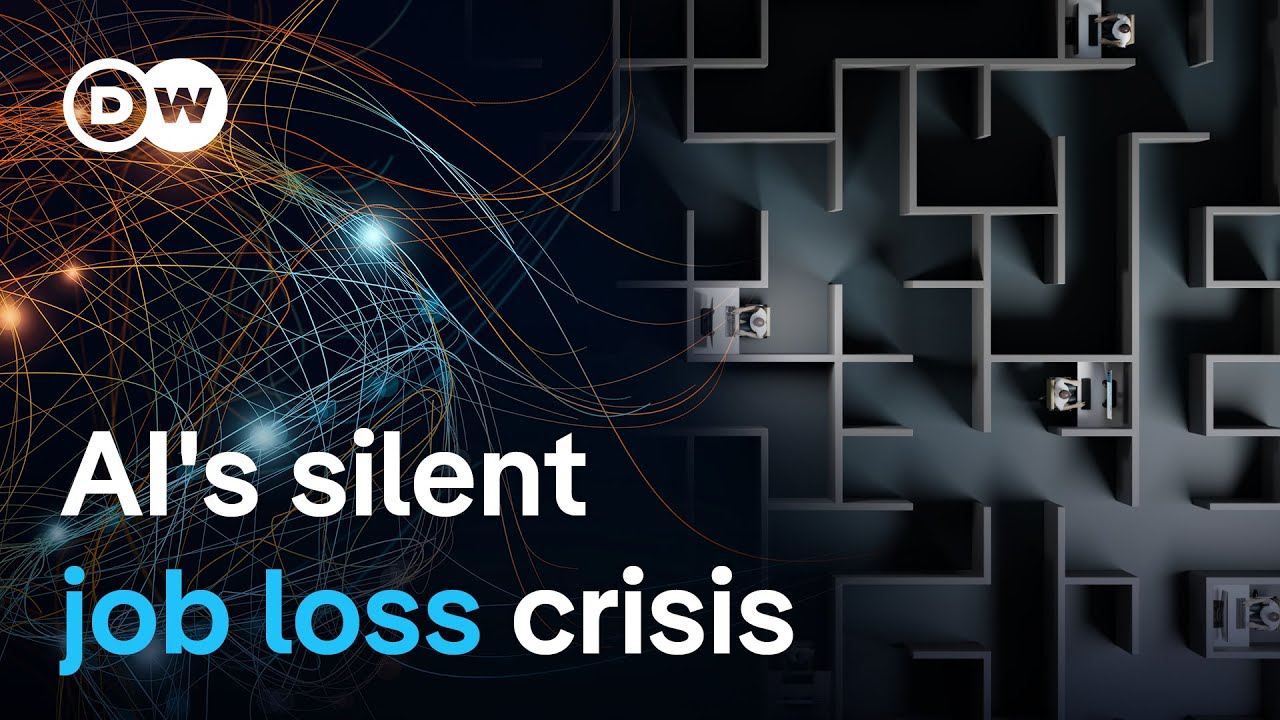The video discusses the dual impact of AI on the labor market, highlighting potential job losses in clerical roles, particularly affecting women, while also emphasizing the creation of new opportunities in technology and the green economy. It advocates for proactive reskilling initiatives and social protection measures to help workers adapt to these changes, ensuring that the benefits of AI are shared equitably and do not exacerbate existing inequalities.
The video discusses the impact of artificial intelligence (AI) on the labor market, highlighting both the potential job losses and the creation of new opportunities. Experts agree that while millions of jobs may be lost due to automation, particularly in clerical roles predominantly held by women, AI will also generate new positions, especially in sectors related to technology and the green economy. The key challenge lies in managing the transition for workers, ensuring they are adequately reskilled and prepared for the evolving job landscape.
The conversation emphasizes the importance of preparing workers for the changes brought about by AI. It is noted that many clerical jobs, which are at higher risk of automation, are occupied by women, raising concerns about gender inequality in the workforce. The discussion advocates for proactive measures, including reskilling and upskilling initiatives, to help workers adapt to an AI-driven environment. The need for social protection schemes that accommodate family responsibilities is also highlighted, as these can impact women’s ability to participate in retraining programs.
The video points out that while significant job losses may not yet be visible, they are already occurring in various sectors. For instance, some organizations have begun replacing human interpreters with AI solutions, and factories are increasingly utilizing robots in production. This shift raises concerns about the potential for increased inequality and biases in hiring algorithms, which can perpetuate existing disparities. The International Labour Organization (ILO) is actively working to address these issues and promote equitable access to AI technologies.
In discussing the opportunities presented by AI, the video mentions initiatives like the collaboration between Mistral AI and France’s Employment Agency, which aims to enhance service delivery through AI chatbots. However, the overarching concern remains how to balance economic gains from AI with the protection of workers’ rights and well-being. The conversation stresses the need for a human-centered approach to ensure that the benefits of AI are shared broadly and do not exacerbate existing inequalities.
Finally, the video concludes with a hopeful perspective, suggesting that AI can be more of an opportunity than a threat if managed correctly. The ILO emphasizes the importance of integrating economic, environmental, and social considerations into AI policy development. By fostering innovation while protecting workers, there is potential for AI to enhance human life and create a more equitable future.
